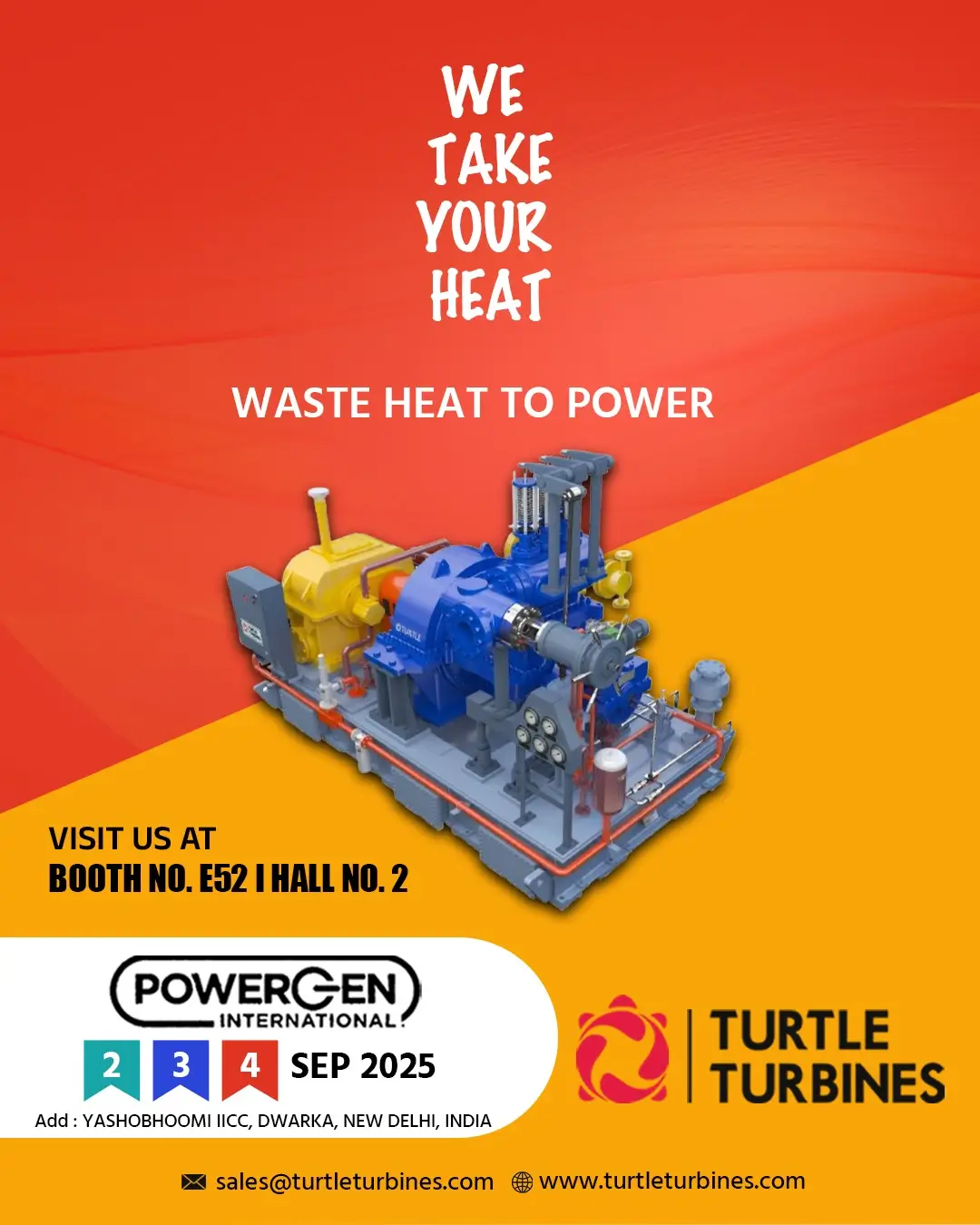MicroTurbines play a significant role in carbon footprint reduction by providing an efficient and sustainable way to generate electricity and heat. They contribute to reducing carbon emissions in several ways:
Renewable energy generation: MicroTurbines can be integrated into various renewable energy systems, such as biomass, solar thermal, and geothermal power plants. These systems use sustainable sources of energy to heat water and produce steam, which is then used to drive the turbines and generate electricity without relying on fossil fuels.
Waste heat recovery: In industrial processes, a substantial amount of waste heat is generated, which is typically released into the environment. MicroTurbines can capture this waste heat and convert it into useful electricity or mechanical power, thus reducing the overall energy consumption and associated carbon emissions.
Cogeneration and Combined Heat and Power (CHP): MicroTurbines are commonly used in combined heat and power systems, also known as cogeneration plants. In such setups, the waste heat from electricity generation is harnessed and used for heating or other industrial processes. This results in a more efficient use of energy and a reduction in carbon emissions compared to separate processes for electricity generation and heat production.
Decentralized energy production: MicroTurbines can be deployed in smaller-scale applications, allowing for decentralized energy production. This reduces transmission losses that often occur when electricity is transmitted over long distances from large power plants, leading to improved overall energy efficiency and lower carbon emissions.
Grid stability and integration with intermittent renewables: MicroTurbines can act as a reliable source of power that helps stabilize electricity grids when intermittent renewable energy sources (such as wind and solar) fluctuate. The ability to quickly ramp up or down their power output can provide valuable support to the grid during variations in renewable energy generation, ensuring a consistent and reliable electricity supply.
Fuel flexibility: MicroTurbines can operate on a variety of fuels, including biofuels and waste biomass, which can be more sustainable and have lower carbon emissions compared to traditional fossil fuels like coal or natural gas.
By utilizing micro steam turbines in these various applications, we can enhance energy efficiency, reduce reliance on fossil fuels, and ultimately lower carbon emissions, contributing to the global effort to combat climate change and reduce our overall carbon footprint.
Turtle Turbines is one of the most reputed Steam Turbine Manufacturers In India. For more information visit now https://turtleturbines.com



